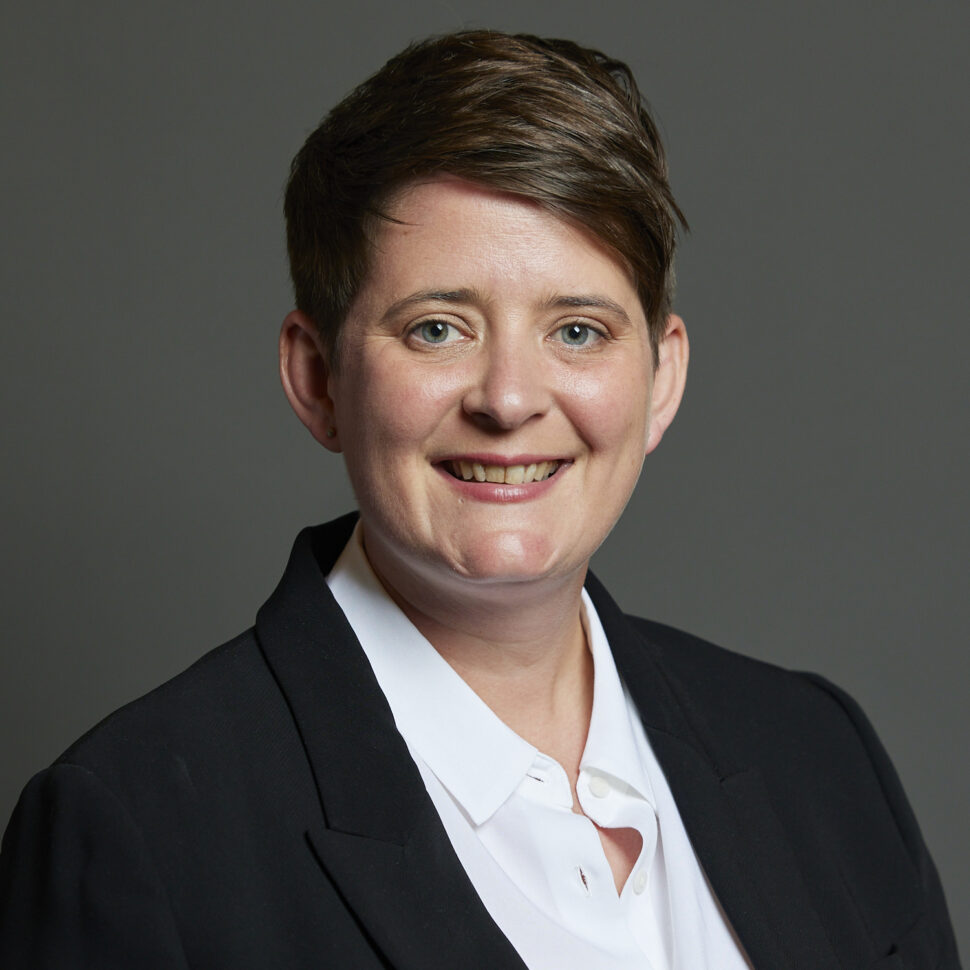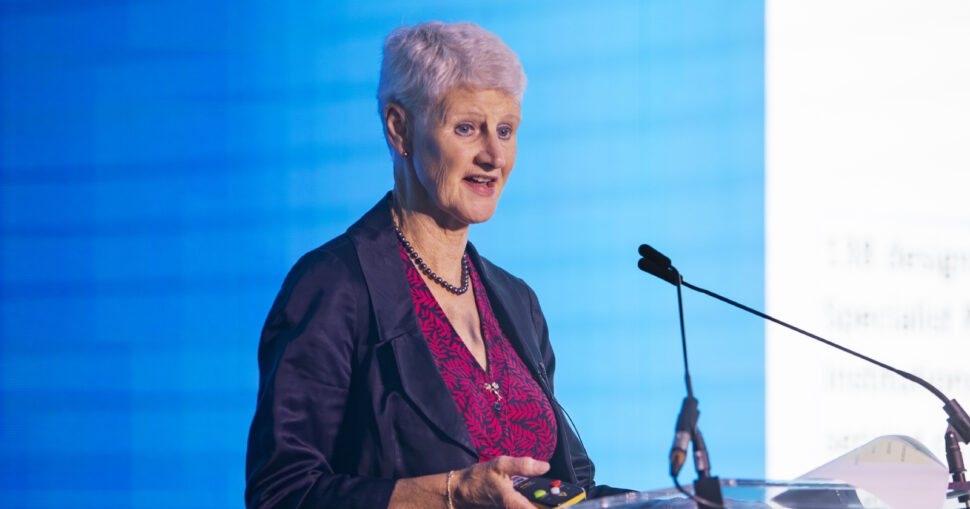Three MPs from Labour’s class of 2024 have been appointed ministers at the Department for Education in this weekend’s reshuffle.
While education secretary Bridget Phillipson kept her role and skills minister Jacqui Smith was given a new department to co-work in, it was all change elsewhere in the ministerial ranks.
Schools minister Catherine McKinnell, children’s minister and Commons skills spokesperson Janet Daby and early years minister Stephen Morgan moved out.
In their place came Georgia Gould, Josh MacAlister and Olivia Bailey – all elected to parliament for the first time last year. While Gould replaced McKinnell at the minister of state rank, MacAlister and Bailey are at the more junior parliamentary under-secretary of state level. Their specific portfolios have not yet been confirmed.
The reshuffle comes at the start of a busy term for education. Ofsted’s inspection reforms will be announced tomorrow and the curriculum and assessment review, SEND reforms and schools and post-16 white papers are due before Christmas.
Here’s FE Week’s trusty need to know on the new education ministers…
Georgia Gould, education minister

- Gould, the MP for Queen’s Park and Maida Vale, was a councillor in the London borough of Camden from 2010 to 2024, serving as the authority’s leader from 2017 to 2024. Camden includes the constituency represented by Sir Keir Starmer
- Before her promotion to become a minister of state at the DfE, Gould was a parliamentary under-secretary of state, a more junior minister, in the Cabinet Office. According to the government’s website, she had responsibility for public sector reform, oversight of government functions and public bodies policy
- She is the daughter of New Labour grandee Lord Philip Gould and Baroness Gail Rebuck, the current chair of publishing house Penguin Random House
- In 2015, Gould wrote a book titled Wasted: How Misunderstanding Young Britain Threatens Our Future. Writing about it, she said: “Young people don’t just want a job, they want the opportunity for creativity, entrepreneurialism and to be part of something bigger than themselves. The big challenge for Labour is to hold as many aspirations for young people as they do for themselves.” One of her solutions was for “radical devolution”
- Gould told the Local Government Chronicle it was while attending Camden School for Girls that she saw the “depths of inequality” in her borough. “I saw more and more of my friends and people I was at school with leaving education early and meeting all sorts of barriers,” she said. In another piece, she described herself as a “proud feminist” and points out the school was founded by suffragist Frances Mary Buss
Josh MacAlister, junior education minister

- MacAlister, the MP for Whitehaven and Workington in Cumbria, trained as a teacher through the Teach First programme and went on to teach Citizenship at a school in Oldham for three-and-a-half-years
- Within months of becoming an MP, MacAlister tabled a private members bill to ban smartphones in schools in October 2024. The bill has since been watered down, instead calling for the education secretary to research the impact of children’s use of social media and the digital age of consent to rise from 13 to 16 years. He has also called for a “resurgence of civics in schools”
- In 2013, MacAlister established Frontline, a graduate social working training programme modelled on Teach First. It was provided with £45 million funding from the Department for Education in 2019
- He also led a review of children’s social care under the Conservative government between 2021 and 2022. It made over 80 recommendations, calling for schools to become statutory safeguarding partners and “corporate parents” of children in care
- MacAlister is married to Matt Hood, an education policy expert who helped found and then lead the Oak National Academy
Olivia Bailey, junior education minister

- Bailey became MP for Reading West and Mid Berkshire – a newly-created seat – in the 2024 election
- Her family has education ties. Her mother worked as a secondary school teacher and her father, Roy Bailey, is deputy leader and executive member for education at Bracknell Forest Council
- Bailey has brushed shoulders with senior party leaders, working as head of domestic policy to Starmer from 2020 to 2022. She also worked for two years as the party’s head of domestic policy
- She previously worked as director and then partner at Public First, a consultancy which has clients in the education sector. Public First partner Ed Dorrell is currently advising the DfE on drafting its upcoming schools white paper
- At university, Bailey served as women’s officer of the National Union of Students from 2009 to 2011. Here, she published the first national study into harassment and abuse suffered by female students




